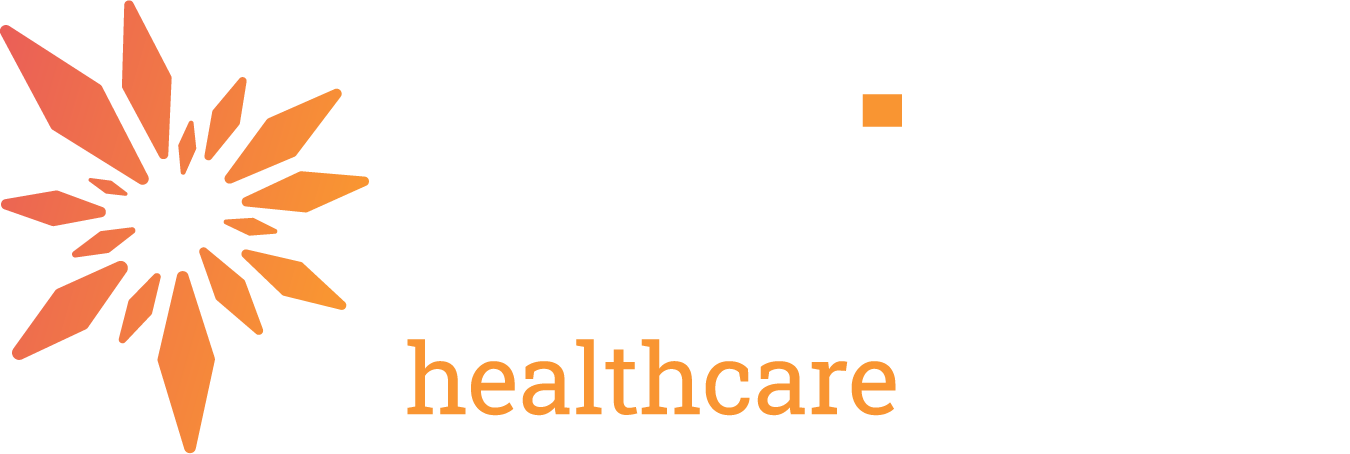Reducing Denials and Improving Revenue Recovery with AI
Using AI to improve healthcare operations: Reducing denials and revenue leakage
In healthcare finance, managing revenue is a complex task. One significant challenge organizations face is the denial of insurance claims, which can result in financial strain and patient dissatisfaction. Hospitals and healthcare practices should be adopting news technologies to reduce their revenue leakage. Using AI to improve healthcare finance operations can save money and reduce patient and practitioner stress.
Using AI to improve healthcare claims processes
One of the chief benefits of using AI to improve healthcare delivery is that it can reduce the stress surrounding the insurance claims process. For many firms, this stress causes severe revenue leakage.
Artificial intelligence tools can swiftly scan and process vast volumes of documents, a task that would take humans considerably more time. Speed improves your bottom line, but that is not the only, or even chief, benefit.
One of the most important advantages of using AI in claims management is that it can ensure claims are properly filed from the outset. AI-powered systems can be programmed to scrub documents, validate patient information, and cross-reference that information with insurance policies and medical records. This meticulous review minimizes the possibility that claims will be submitted with missing or inaccurate information, a common reason for denials.
Artificial intelligence also can be trained to identify issues within denied claims, effectively pinpointing the root causes behind denials. Whether it is missing information, coding errors, or documentation discrepancies, AI can analyze the denial reasons and provide valuable insights. This advantage allows healthcare organizations to streamline their claims management processes and empowers finance teams to take proactive measures to address the root causes leading to claim denials.
Perhaps one of the most important aspects of AI in claims management is its ability to automate the appeals process for denied claims. Once AI identifies issues within denied claims, it can automatically initiate appeals after necessary corrections are made. This automation ensures valid claims do not slip through the cracks due to administrative delays or oversight. It also accelerates the revenue recovery process and reduces the revenue leakage that often occurs when claims are needlessly denied.
Using AI to improve healthcare outcomes
According to a June 2023 Kaiser Family Foundation survey, 58% of U.S. adults have experienced a problem using their health insurance in the last year. Problems included denied claims and pre-authorization problems. The stress was higher for sicker patients. Two-thirds (67%) of adults in fair or poor health experienced problems with their insurance, compared to 56% of adults who say they are in at least good physical health.
Reducing the number of denied claims will reduce patient stress, but that is not the only way AI can be used to improve patient outcomes.
Artificial intelligence’s augmentation capabilities extend beyond administrative tasks. AI can enhance the accuracy of diagnostic processes, such as analyzing brain scans and other medical tests, to more precisely pinpoint the treatments a patient may need. This outcome not only helps to find the right treatment for the patient, but it also ensures the chosen treatment aligns with insurance coverage, reducing the likelihood of claims being denied due to treatments falling outside the contract terms.
Community Medical Centers, a California-based non-profit healthcare network, provides a compelling case study regarding the transformative impact of AI on healthcare finance. By deploying an AI tool that evaluated claims based on their historical records, CMC was able to proactively identify claims likely to be denied. The results were impressive. The AI system:
Saved staff members more than 30 hours per week, enabling them to focus on value-added tasks;
Resulted in an 18% reduction in service not covered denials; and
Led to a notable 22% reduction in prior authorization denials from commercial payers.
Reducing revenue leakage is only one benefit of using AI in healthcare
In the ever-evolving landscape of healthcare finance, AI is reshaping the way healthcare organizations manage their revenue. This revolutionary technology can swiftly process data, ensure the proper filing of claims, identify issues in denied claims, and automate the appeals process can reduce revenue leakage by revolutionizing claims management. The result is improved financial stability for healthcare providers and less stress for patients.
As healthcare organizations continue to navigate the complexities of revenue management, using AI to improve healthcare finance has emerged as an invaluable tool, aligning financial health with the mission of delivering high-quality patient care. It empowers healthcare finance teams to work smarter, reduce administrative burdens, and recover revenue more efficiently.
In an era where every dollar saved advances an organization’s mission, healthcare providers who are not using AI are missing out on an opportunity to deliver exceptional patient care.
